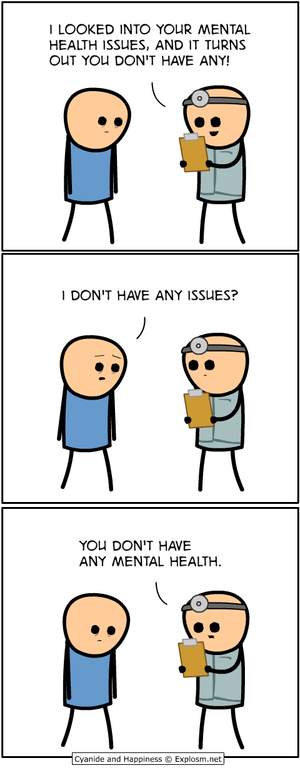@antiaall3s @violetblue note that this study found no significant difference between LongCOVID rates in people with primary vs. secondary infections. It also found a 4.8% prevalence of LongCOVID in the control group who never tested positive for COVID-19. Some of that is probably due to people who had it but didn't test at the time (especially those without acute symptoms) while some of that is probably due to over-broad diagnostic criteria. Even the most optimistic reading of the data puts risk from first infection at ~5-10% though. Numbers at 6 months are also better than those earlier, so the risk of permanent/indefinite disability could be as low as 1-2% or even lower and still be consistent with this data. But it definitely points to the risk being in the 1/1000 to 1/10 range (i.e., wildly & unacceptably high) as opposed to even lower (something like 1/1000000 or 1/10000000 would put the risk at around the same level as the risk of drowning, which is a risk we commonly tolerate).
To be clear, I'm not trying to dispute this study or its main conclusions, but as someone who is very concerned about LongCOVID, and who wants to see more people convinced to take it seriously, I think it's best to report the science clearly.






